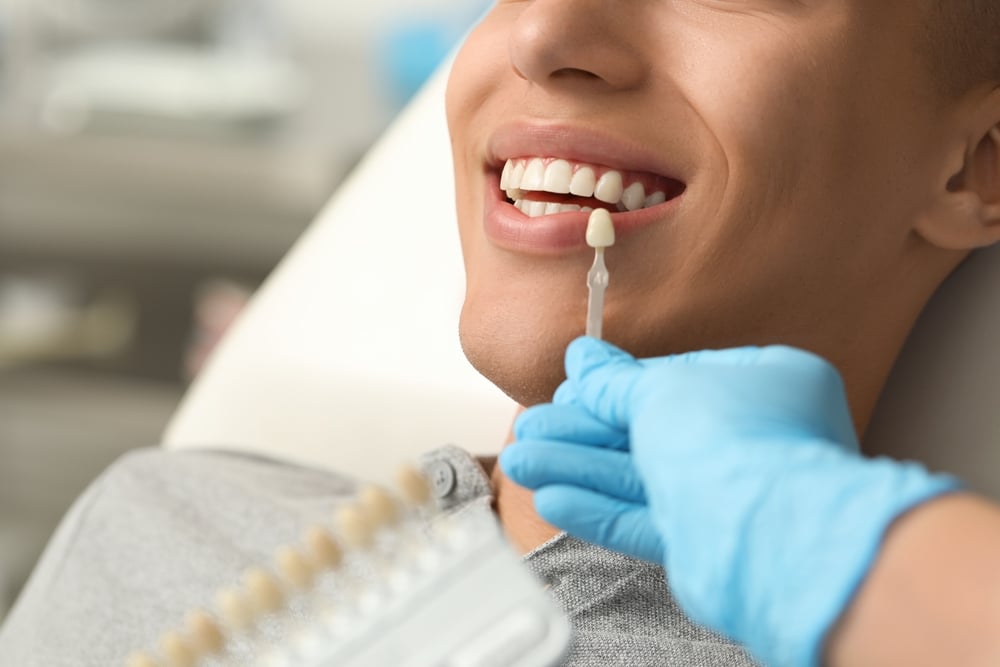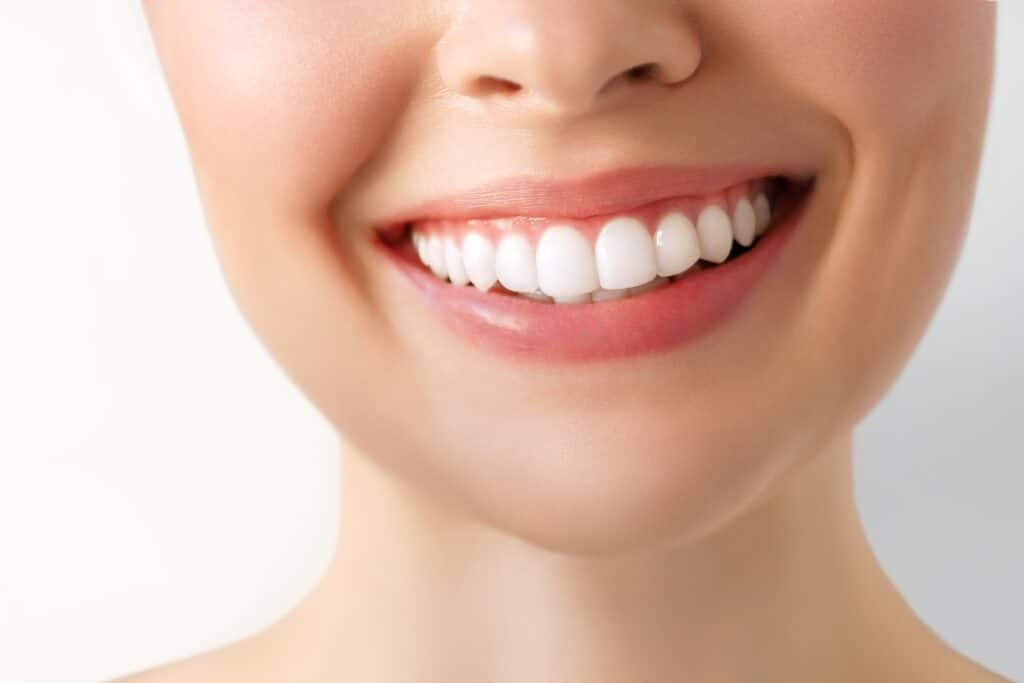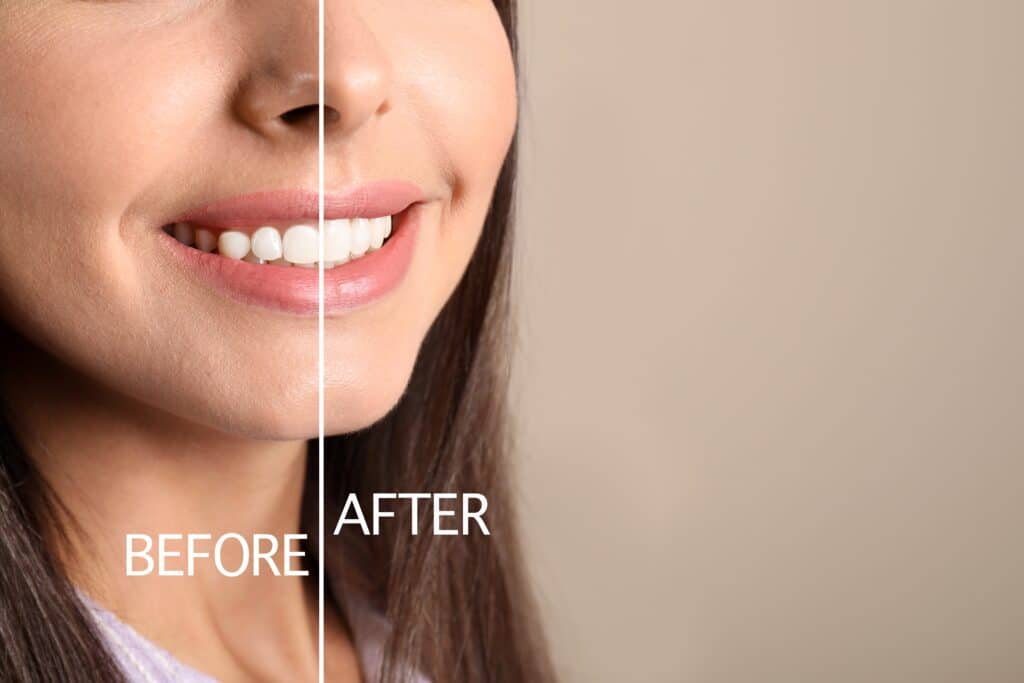Bruxism is a medical condition that describes the constant grinding of teeth, either while asleep or awake – and most people have no idea that they have it until they examine the symptoms. It’s a common health condition that affects as much of 10% of adults according statistics from the American Sleep Association (ASA), and bruxism can have a list of associated symptoms and risks for your health. Here’s the essential information that you should know about bruxism.
Do You Suffer from Bruxism? Risks & Treatment
Bruxism Symptoms
The majority of bruxism cases appear while the patient is asleep, and this makes the condition especially hard to diagnose – it’s not like most people watch themselves sleep! But bruxism can often come with symptoms that show up the next morning, including pain in the jaw, head, shoulders or neck. Do you ever wake up feeling like you’ve spent the entire night chewing on handfuls of peanuts? That’s bruxism for you, and it’s likely that you should see your doctor if this describes you. Sometimes symptoms can be more varied, and might even include regular headaches or waking up with chipped teeth and no idea why or how it might have happened.
Stopping Bruxism When You’re Awake
While the majority of cases will appear when the patient is asleep, there are many people who experience the symptoms throughout the day when awake. Massage the jaw muscles, and avoid anything that gets you into the habit of clenching your jaw – including as a stress reaction and things like chewing gum. Caffeine and other stimulants can also be a direct cause for bruxism, and cutting stimulants from your routine is also enough to stop both waking and sleeping bruxism.
Bruxism When You’re Asleep
If you experience the condition while you’re asleep, the advice on avoiding stimulants still counts. A lot can be said for physical and mental relaxation. Apply heat and massage to your jaw before you go to bed, and try to minimize your stress levels. For some, a mouthguard becomes essential to stop any damage to teeth. In extreme cases a mild muscle relaxant might be prescribed before bed to avoid clenching while you’re asleep.
Regency Family Dentistry Omaha
Whether your teeth needs are a complete exam and cleaning, a full-mouth restoration, or anything in between, we promise to provide you with exceptional care as we enhance the natural beauty of your smile. Below are just some of the many procedures and dental services we regularly provide to our patients – with a gentle touch, and stunning results. Your smile is our first priority, and we’ll give you something to smile about.
Preventative Dentistry
- Dental Exams
- Dental Cleanings
- Oral Cancer Exam
- Fluoride Treatment
- Sealants
- Dental X-Rays
- Home Care
- Nightguards & Mouthguards
Cosmetic Dentistry
- Dental Implants
- Composite Fillings
- Porcelain Crowns
- FixedPorcelain Bridges
- Porcelain Veneers
- Tooth Whitening
Periodontal Disease
- What is Periodontal (Gum) Disease?
- Diagnosis
- Treatment
- Maintenance
Restorative Dentistry
- Dental Implants
- Inlay Restorations
- Onlay Restorations
- Composite Fillings
- Crowns
- Dentures & Partial Dentures
- Fixed Bridges
- Root Canal Therapy
Oral Surgery
- Wisdom Teeth Extractions




